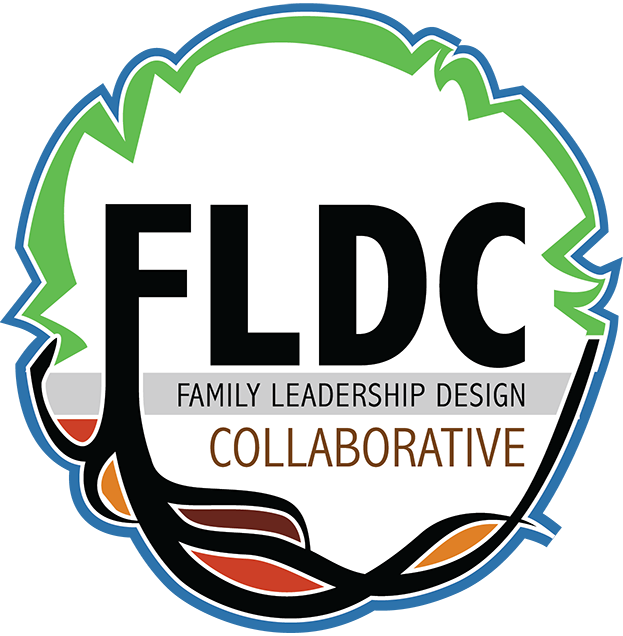In this research brief, FLDC member Muhammad Khalifa highlights some of the research related to the importance of Ancestral knowledge in all schools, and particularly those that serve Indigenous and other Minoritized youth. Khalifa highlights the importance of wholly accepting Indigenous youth as Ancestral (inheriting, adapting/adding to, and conveying knowledge) as well as intergenerational (gaining insight from elders, and thus assuming place in a line of knowledge transmission between generations).
Ancestral knowledges are systems of knowledge based on the epistemologies (ways of knowing), and written, oral, and spiritual traditions of Indigenous peoples. Because of colonialism, slavery, genocide and other systems of oppression, Ancestral knowledge of some Indigenous peoples has been threatened and even erased. Ancestral knowledge has also been preserved and passed on. For example, as many Indigenous nations in the U.S. were forced into other areas of the U.S., and as Africans were enslaved in the U.S. and Latin America, they maintained varying levels of their Ancestral knowledge. Researchers suggest that it is crucial for these knowledges to be identified, maintained, and centered in schooling and other educational activities for Indigenous and Minoritized youth. Ancestral knowledges should not be viewed as a side, marginal, or elective class. Nor should they be viewed as static, finalized bodies of knowledge. Rather, they should be the centerpiece of a dynamic knowledge (and curriculum) for all students, including non-Indigenous students from dominant cultural groups.




